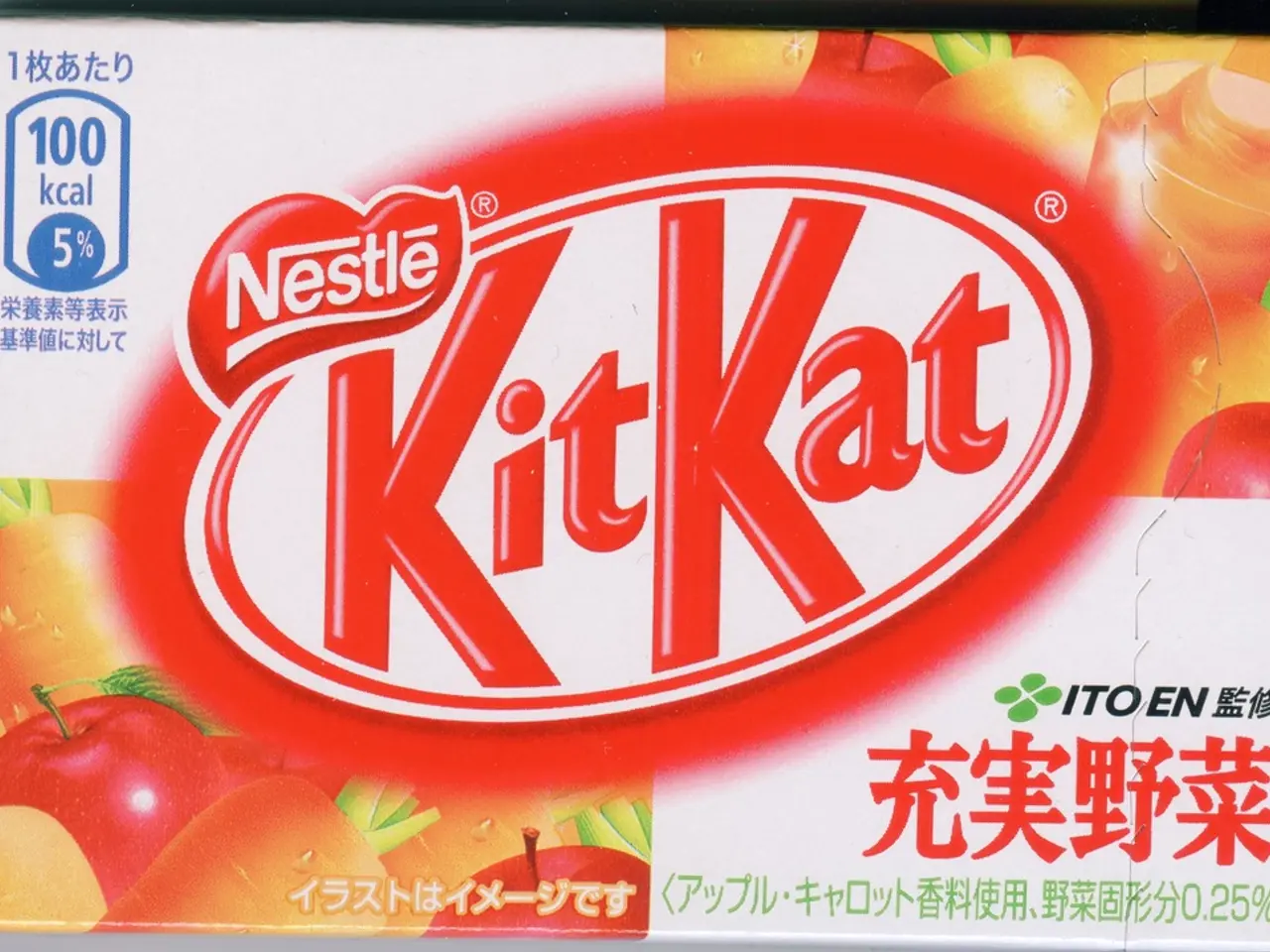Discovering the Top-Tier Weight Loss Programs: A Guide
In the digital age, weight loss programs are adapting to meet the needs of modern lifestyles, offering app-based support and education to help individuals achieve their weight loss goals. Here's a look at some budget-friendly options that prioritize healthy eating habits and provide digital assistance.
FatSecret stands out for its affordability and comprehensive approach to weight loss. The app, which is free to use with an optional premium plan starting at about $6.49 per month, offers food tracking, barcode scanning, and image recognition. Premium users can benefit from dietitian-developed meal plans tailored to weight loss and healthy eating education.
Another budget-friendly option is Simple, a diet-free weight loss app focused on promoting nutritious food choices. With features such as an AI personal assistant trained by healthcare professionals and registered dietitians, it provides instant feedback on meals and answers wellness questions anytime. The app itself has free features, with premium options ranging from about $21.99 to $119.99.
WW (WeightWatchers) is another program that uses a points-based system to encourage balanced eating, with no forbidden foods. It offers over 13,000 recipes plus coach support 24/7 via its app. WW is subscription-based but often offers introductory pricing and flexible plans, making it a budget-friendly choice for sustainable healthy eating.
Cronometer is a comprehensive calorie and nutrient tracker that supports various diets and includes a fasting timer. It is free with premium options and can help users learn about food nutrition values and plan healthy eating effectively.
While programs like Hims or Livea offer medical or highly personalized services, they may be more costly and focus on medication or personalized coaching rather than primarily teaching healthy eating habits through apps.
In addition to these budget-friendly options, some weight loss programs deliver premade meals like Nutrisystem, which provides meals you cook at home. Others, like Calibrate, offer support through online forums and regular video chats with coaches, who can monitor progress and set new goals. Some programs also offer options for various diets, such as paleo or keto, in addition to general plans like the Mayo Clinic Diet and Noom.
A good weight loss program should help set reasonable goals, such as one to two pounds per week. Many weight loss programs teach positive diet changes and provide meal plans to support individuals on their journey to a healthier lifestyle.
Science plays a significant role in many weight loss apps, as they incorporate education and self-development to help users make informed decisions about their health-and-wellness. For instance, the budget-friendly app Cronometer not only tracks calories and nutrients but also educates users about food nutrition values.
Personal growth and fitness-and-exercise are intertwined in these digital weight loss solutions. Programs like FatSecret and Simple focus on promoting nutritious food choices, while WW encourages balanced eating with its points-based system, all aimed at fostering long-term well-being and weight management.
Educational resources and digital assistance complement modern weight loss efforts, making weight loss programs accessible to a wide range of individuals, extending beyond traditional methods and into the realm of science-based, budget-friendly self-development.




